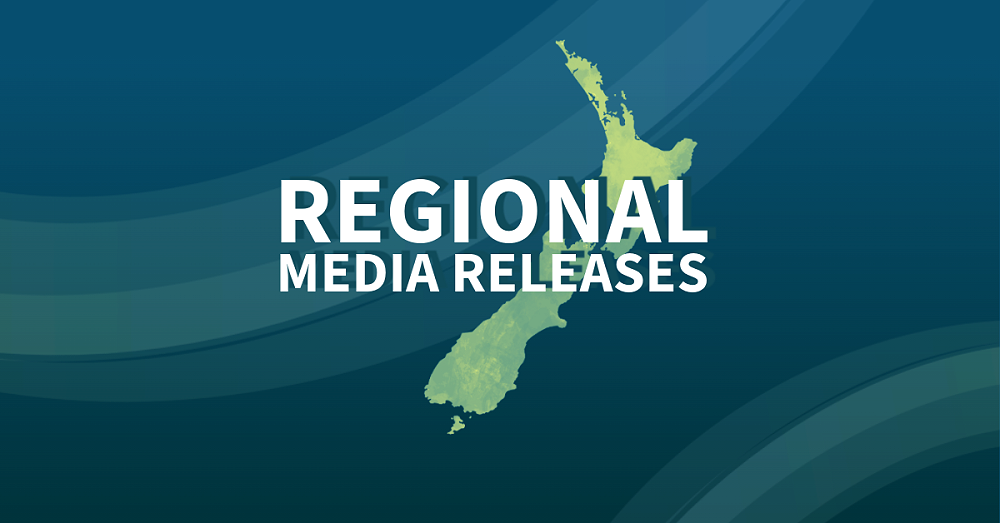15 August 2024
The Rotorua Principals’ Association (RPA) stands in solidarity with the New Zealand Principals’ Federation (NZPF) in expressing deep concerns about the Government’s proposed changes to the national curriculum.
The rapid pace at which these changes, especially concerning structured literacy and structured maths, are being implemented is alarming and places undue strain on our schools and educators.
We recognize the importance of evolving our education system to address the needs of all students.
However, the current timeline for these changes is unrealistic. The Government’s deadlines do not adequately consider the practical challenges faced by schools, particularly in rural areas.
Existing staffing shortages already present significant obstacles, and the additional demands for extensive professional development and curriculum adjustments lack the necessary support.
Furthermore, to ensure every class has a teacher, many principals are required to teach each week, in addition to performing their leadership responsibilities. This impairs their ability to lead effectively and manage curriculum changes collaboratively with their staff.
Principals play a crucial role in guiding schools through educational transitions, but the added teaching duties compromise their capacity to fulfill this leadership role.
The data used to justify these changes appears to be misrepresented, creating a sense of crisis that does not reflect the realities within our schools. This misuse of data undermines the substantial progress many schools have made and adds unnecessary pressure on already overburdened teachers. The proposed changes, lacking in sound pedagogical foundation, further exacerbate these issues and raise concerns about their long-term impact on teaching and learning.
The RPA concurs with the New Zealand Educational Institute’s (NZEI) recent media release, highlighting concerns about the inadequate number of facilitators available to support the necessary professional development. Without proper guidance and resources, schools are left to manage these complex transitions independently, which is neither fair nor sustainable.
Additionally, the public messaging about these changes does not align with the realities faced by many schools. Communities are led to believe that these changes are widely accepted and easily implemented, when in fact, they are causing significant disruption. Schools in our Rotorua region have developed strategic plans in close consultation with their communities, Iwi, and hapū, reflecting the unique needs and aspirations of our students and families. These plans are now being disregarded in favor of a one-size-fits-all approach.
We urge the Government to reconsider the pace and approach of these curriculum changes. We advocate for a more collaborative process that respects the expertise of educators and the input of our communities.
Our primary focus must be on delivering a quality education that meets the needs of every child, rather than rushing through changes that risk destabilizing our schools.


